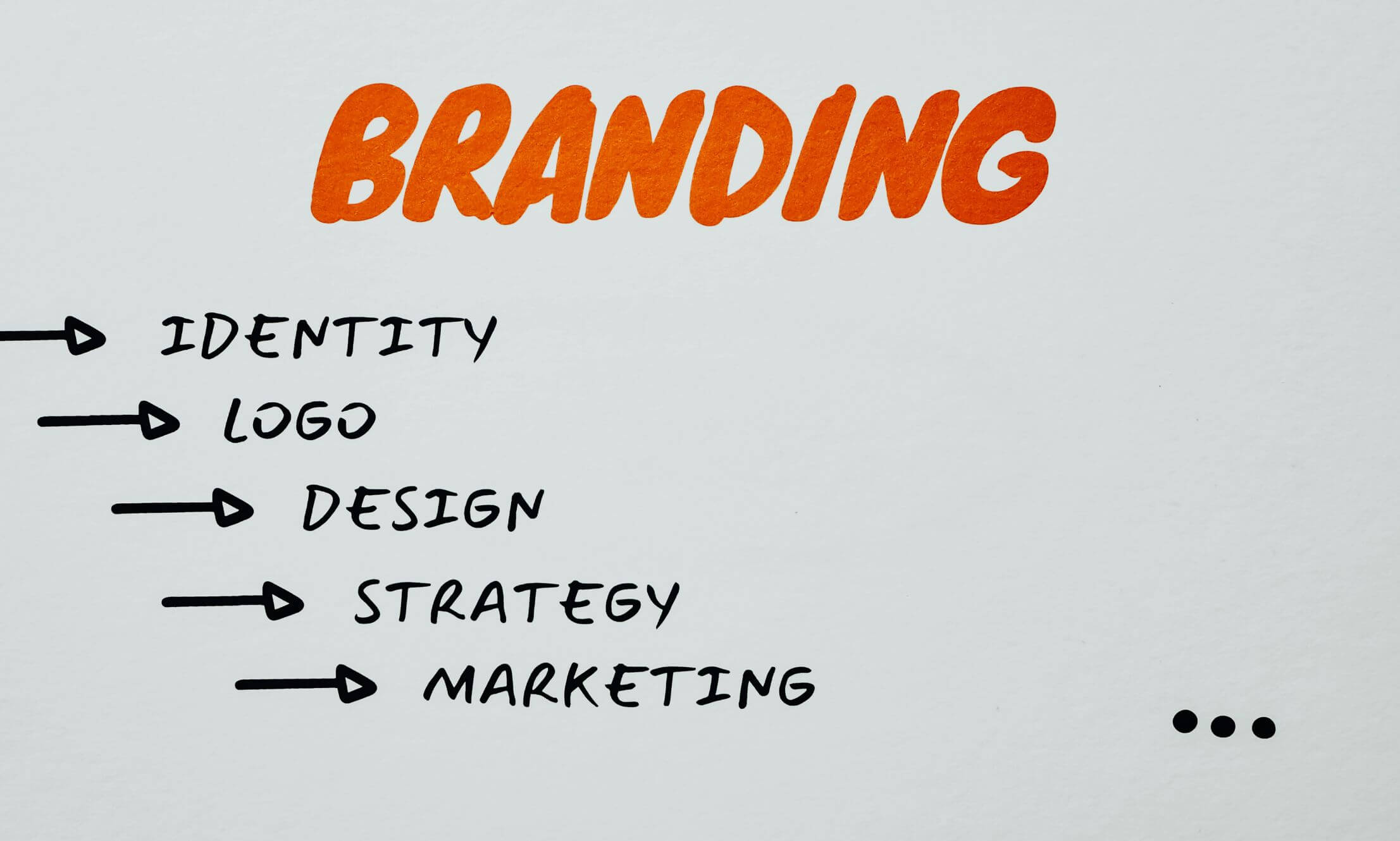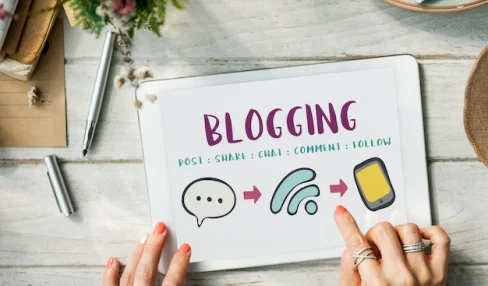Branding for one-person businesses: where personality becomes identity
15 April 2025
5 Mins Read

toc impalement
When you are the only person behind your business, your personality isn’t just part of the brand — it is the brand.
Unlike corporate branding, where design systems, departments, and tone guides build consistency, a one-person business draws its identity from the founder’s voice, behavior, and style.
This article explores how solopreneurs can build meaningful, professional branding that feels personal and functions strategically.
How Solopreneur Branding Differs from Corporate Identity?

A one-person business isn’t shaped by internal teams or shareholder input. Personal values, natural tone, and daily interactions shape it. That makes branding both more authentic and more exposed.
You’re not hiding behind a logo — you’re speaking, showing up, and making decisions that clients associate directly with you.
This creates both trust and pressure. Coherence and clarity become essential with no distance between you and the brand.
Solopreneur Branding: Why Does Personal Branding Matter?
As a solopreneur, you do not market a product or service; you market yourself. Unlike bigger-than-life corporations with marketing departments, you are the face, voice, and identity of everything you do.
This is why personal branding is not just an option; it is most definitely a necessity.
1. Establish Your Trust, Authority, and Credibility
In this very modern world of the internet, everyone researches before purchasing or even hiring. They see your website, your entire social media presence, and your reviews, and they even feel your aura.
- This is important because customers will very easily choose the one that resonates professionally, is real, and is consistent online.
- How personal branding works: When you declare who you are, what grounds you stand on, and what you offer, it establishes your credibility and authority.
- Example: A marketing consultant who frequently shares useful tips on LinkedIn is a thought leader even before a sale is actually pitched.
2. Distinguish Yourself in a Crowded Market
No matter what you do-coaching, designing, consulting, writing-there are many hundreds and even thousands doing it. But your personality, style, and certainly your story are completely yours, and *no one* else has them.
- Importance of this fact: Without differentiators, you’re just another face in the crowd.
- Why personal branding helps: It clarifies what shared values, insights, and intuitions set you apart.
- Example: Two business coaches may offer pretty similar packages, but one is known for a warm, intuitive style and the other for a high-energy, no-nonsense strategy. Branding helps communicate that difference right away.
3. Attracts Aligned, High-Quality Clients
When you position your brand, you generally attract the type of clients who *get* you and love what you have to offer.
- Why: Aligned clients tend to make you happy, energized, and willing to give their best time to your cause.
- Benefits of personal branding: It functions similarly to a filter. The message that gets conveyed is that you are the best fit for the market and gives an excellent shooing away of the rest.
- Example: A graphic designer whose personal brand is about edgy, bold imagery is likelier to attract clients with that aesthetic than those interested in soft, minimalist designs.
Understanding Solopreneur Branding: Which Parts of Personality Translate into Brand Identity?
Everything you do becomes part of the brand: how you write, speak, appear, and respond. Your communication tone—whether calm, witty, serious, or enthusiastic—sets expectations.
Even your photo style, wardrobe choices, or create a logo design influence how the brand feels.
Visual and behavioral consistency matters more than complex guidelines. A distinctive tone and recognizable presence across social media, email, and presentations reinforce your identity over time.
Solopreneur Branding Mistakes You Should Avoid When Building Your Brand
Common branding errors to avoid:
- Copying the voice or style of bigger brands without adaptation
- Using different tones or visuals on different platforms
- Being too generic to avoid standing out or offending anyone
- Changing visual identity too often without a clear reason
- Not aligning the brand with personal values and long-term goals
Branding based on personality requires self-awareness. Without it, even good visuals won’t feel authentic. Your brand should reflect your actual voice — not a version you think others expect.
How to Build a Brand Rooted in Your Personality?
Start by identifying what makes you different. What are your values? What do clients say about you? What tone comes naturally? These answers shape the verbal and visual structure of your brand.
You don’t need a complex system — just a clear one. Define a color palette, choose one or two fonts, create a simple logo, and develop a writing style matching your speech. The goal is consistency, not complexity.
When Does It Make Sense to Separate Yourself from Your Brand?
Not every solopreneur wants to be the face of the business forever. If you’re scaling toward an agency model, targeting a different demographic, or want privacy, building a brand with some distance may be time.
In that case, your personality can remain part of the DNA but not the focal point. You might keep your tone but delegate visuals or shift to a more neutral name. The transition should feel intentional, not like hiding.
FAQs
Here are a few questions asked by others that will help you understand the topic better.
Yes, even a simple one. A consistent visual mark helps reinforce recognition and looks professional across platforms.
Technically, yes, but it’s harder. Visual anchors speed up trust and recall, especially in competitive niches.
Using your name can strengthen positioning if your business is built on personal expertise or connection. Just plan for how that scales.
Both are important, but the tone often creates a deeper emotional connection for solopreneurs and defines the client experience.
If people remember you, refer to you, and associate your name with specific values or outcomes, your brand does its job.
You got it! Let’s get down to the nitty-gritty with some real meat and utility behind it.
How to Maintain Identity Over Time?
As you grow, your brand will evolve. That doesn’t mean it has to lose its character. Update elements gradually — visuals, messaging, platform presence — while preserving your core.
Don’t dilute what makes you unique to appear more “professional.” People are drawn to clarity and authenticity. Consistency, not perfection, builds recognition. It’s better to be memorable than polished.

















